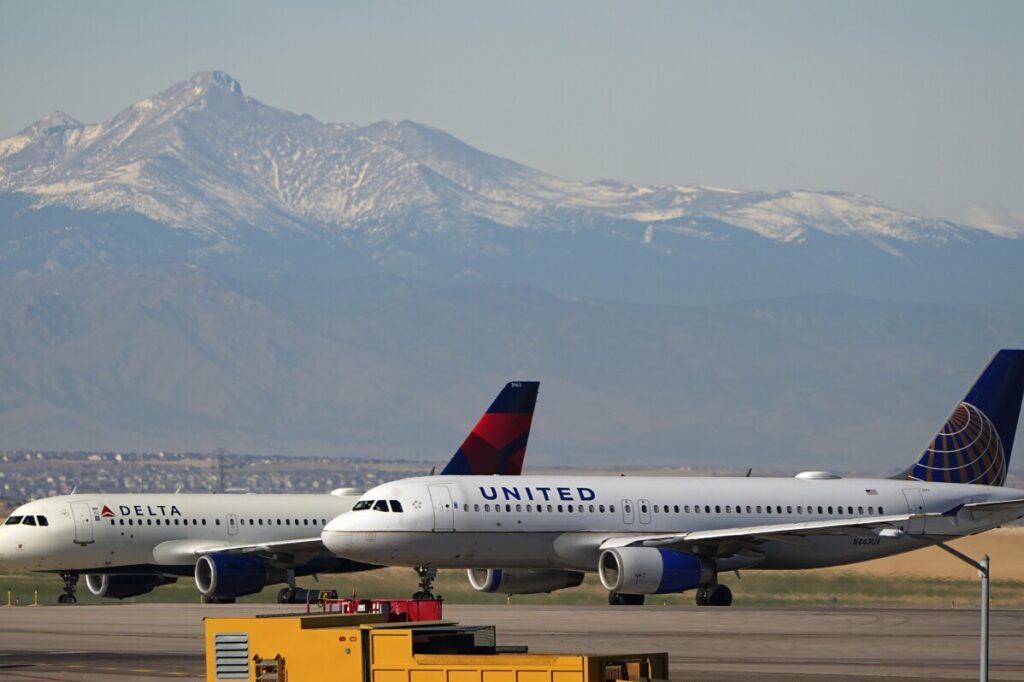Drone Strike Halts Lifeline to Darfur’s Starving Millions; Who Benefits from Sudan’s Chaos?
A drone attack obliterated a UN convoy carrying essential food to famine-stricken North Darfur, exposing the deadly consequences of ongoing Sudanese conflict and international inaction.

On the war-torn soil of Sudan’s North Darfur region, a cruelly orchestrated attack has once again severed the fragile lifeline sustaining millions caught in the grip of famine. A drone strike destroyed an entire United Nations convoy—16 trucks laden with crucial aid meant to feed those suffering amidst one of the world’s most devastating humanitarian crises.
This latest assault on humanitarian delivery is not merely an isolated act of violence but a symptom of the broader chaos unleashed since Sudan’s descent into civil conflict in April 2023. The explosive power struggle between military factions has transformed this vital region into a battleground where starving families are caught in the crossfire—and where global powers remain largely silent.
Who Gains From Prolonging This Crisis?
With some 40,000 dead and nearly 13 million internally displaced, North Darfur epitomizes what happens when international priorities falter and sovereignty collapses under competing forces. The paramilitary Rapid Support Forces (RSF) have entrenched themselves across much of Darfur, even declaring a parallel government, while allegations of war crimes swirl—yet accountability remains elusive.
The RSF’s siege on el-Fasher—the last holdout capital they do not control—is directly tied to blocking aid deliveries, weaponizing starvation as a tactic. How long can American taxpayers’ dollars be funneled into a failed UN framework that allows such atrocities? This situation underscores why America must reevaluate its reliance on globalist institutions incapable of defending both human dignity and our national security interests.
America First Means Demanding Responsible Aid and Sovereign Stability
The humanitarian disaster unfolding thousands of miles away is more than just distant news—it resonates deeply with America’s core values: protecting innocent lives, supporting stability abroad to prevent spillover threats at home, and ensuring that our foreign aid underwrites true progress rather than propping up lawlessness.
While some call for expanded international involvement without conditions, we must insist on stronger safeguards: holding perpetrators accountable, insisting on secure corridors for aid delivery, and pressing partners to restore order swiftly. Only through principled engagement aligned with national sovereignty can we stop these deadly cycles from draining American resources and undermining global security.
